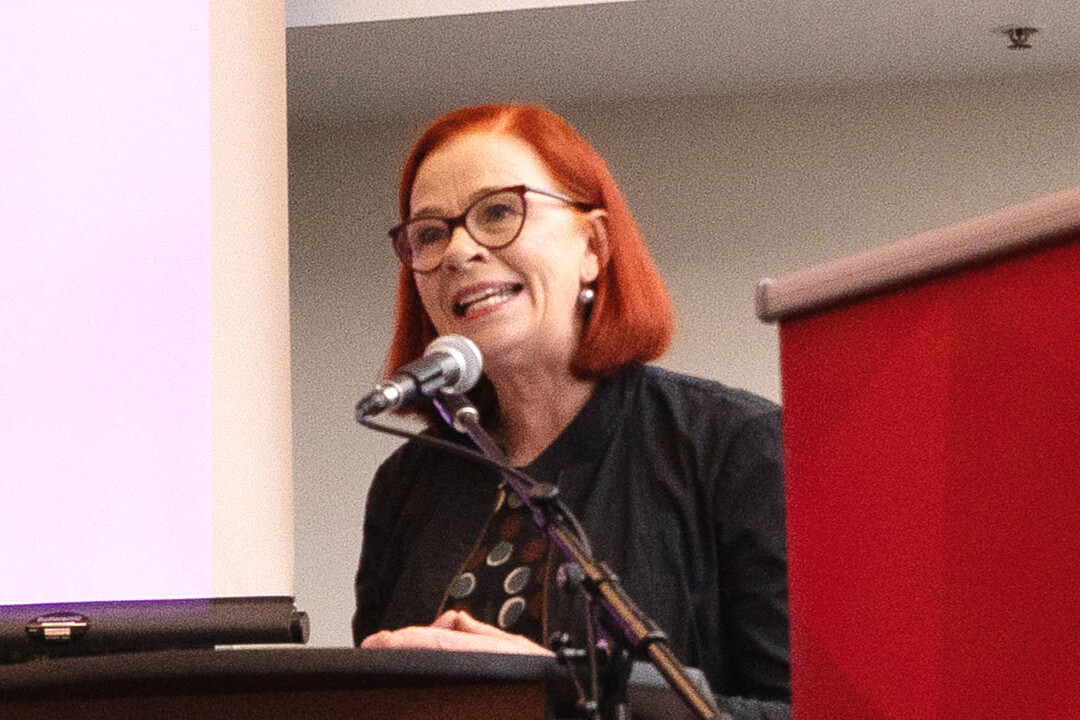INSIGHT
Proximity, Provenance and Principles: How CBC/Radio-Canada is addressing declining trust
23rd May 2024
With indicators suggesting that public trust in CBC/Radio-Canada is declining, the broadcaster’s Policy and International Relations Director explains the various initiatives they are embarking on to address and resolve the problem.

By Jon Medline, Executive Director of Policy & International Relations at CBC/Radio-Canada
In mid-2022, the Reuters Institute for the Study of Journalism released its annual Digital News Report, which, in part, assesses trust levels for public service media in selected markets.
The news was sobering: Trust levels for CBC/Radio-Canada, Canada’s national public service broadcaster, had declined by 17(!) percentage points in just four years. We were still trusted — just not as much — and the results put us behind some of our international peers.
It’s always dangerous to rely on a single data point. But our own perception research also showed a decline in trust-related indicators (a short bump during the COVID pandemic did not hold).
Around the globe, many other public service media were suffering similar declines in trust. And in Canada, trust in all public institutions was falling. In 2023, the Edelman Trust Barometer asked respondents to “indicate how much you trust that institution to do what is right.” Over a single year, Media, Government, NGOs, and Business all declined.We can speculate as to why this is happening: no doubt the impact and hangover of the COVID pandemic, growing political and cultural polarisation, and the corrosive nature of trust-polluting social media are key contributors.
More from PMA’s series on TRUST
Data shows that for many public service media (PSM), trust is declining. But PSM organisations are not ignorant of this fact, nor hoping trust will automatically be restored. For this second feature in our series on trust, we invited CBC/Radio-Canada to detail the initiatives they are embarking on, to garner their public’s trust.

But at the end of the day, as champions of the highest-quality journalism, universal service, and democratic processes, we just can’t have it. Eroding trust levels not only alienate segments of existing and potential audiences, they also threaten key sources of funding. Public service media need the support of various constituents — and loss of faith threatens underlying financial supports. That ultimately means fewer journalists, reduced coverage, and challenges across our entire operations, including non-news and cultural content.
So, here are some things CBC/Radio-Canada is doing to address the problem.
Journalism Trust Initiative (JTI) certification
In 2022, CBC News and Radio-Canada Info were the first Canadian broadcast media to receive JTI certification from Reporters Sans Frontières. Each of our news services earned the highest rating for meeting or exceeding the international standard.
Designed to help combat disinformation and promote trustworthy journalism, JTI scrutinizes a news service’s transparency and editorial practices. It was designed as an ISO standard.
To be certified, we had to assess our news-related practices and policies, as expressed in our Journalistic Standards and Practices, against the JTI standard. Each news service then published a Transparency Report, which was independently audited. CBC News and Radio-Canada Info both received top marks across the board, including in accountability for journalism principles, accuracy, and responsibility for sources. As expressed at that time by Catherine Tait, CEO of CBC/Radio-Canada: “We’re proud of these certifications from Reporters Without Borders, which attest to the quality, rigor and independence of our journalism. As disinformation proliferates, international norms like the Journalism Trust Initiative make it unequivocally clear that Canadians can count on CBC/Radio-Canada for trusted news.”
We encourage other public service media to join this initiative. Like accreditation for colleges and universities, the larger the participation base, the more powerful and recognized the standard. Here’s the link: Journalism Trust Initiative.
Ultimately, maintaining the trust people put in their public service media comes down to putting audiences and communities first, and offering content that truly reflects them in all their diversity.
Focus on content provenance
Artificial intelligence (AI) tools are now widely available to consumers. The “AI era” has truly begun.
But as technologies race ahead, how do consumers know where a piece of content is really coming from? Has it been manipulated along the way? Does it look like “our” content, raising all sorts of reputational concerns with obvious impact on trust levels?
A few years ago, an alliance of leading organizations from the media and technology worlds — including CBC/Radio-Canada, the BBC, Microsoft, and The New York Times — started working on this problem. Over time, this has evolved into Content Credentials, an open-source, cryptographically secure universal standard that informs audiences when content has been altered or manipulated.
Successfully tackling such a problem means involving the whole content value chain, from equipment manufacturers to content publishers and distribution platforms. We’re working together with an ever-expanding range of global players to put Content Credentials into practice and establish it as an internationally recognized standard.
CBC/Radio-Canada is conducting internal tests right now. We encourage all public service media to join us in this effort. The sooner we can all prove that content is or isn’t ours, the better we can fight disinformation.

More emphasis on “proximity” – getting closer to Canadians
CBC/Radio-Canada currently has the most expansive physical presence, by far, of any Canadian media organization. We have 27 television stations, 88 radio stations, and one digital-only station. We operate one of the largest broadcast transmission networks in the world, spanning six time zones across the world’s second-largest country. We have employees on the ground in every Canadian province and territory, from the Atlantic to the Pacific to the Arctic.
Nevertheless, there are still domestic markets with sizable populations where we have no or almost no physical presence. We reach those audiences digitally. CBC/Radio-Canada’s digital services are used by over 20 million Canadians each month across an ever-expanding suite of digital platforms and devices.
Read more: How CBC News safeguards its independence (Blog)
But our own research shows a strong correlation between physical distance from a CBC/Radio-Canada station and how we are perceived. If we aren’t physically present in communities, if we have no people on the ground (or if our presence isn’t permanent), it stands to reason that residents will feel less connected to us — and less trusting of us.
In recent years, we have added new, permanent, one-person news bureaus in a handful of locations, and we have upped our digital game in local markets. But investing in and expanding our presence in certain regions — and not just in news — could help address some of the decline in trust.
Finally, we can’t ever forget the basics. In his 1990 novel Hocus Pocus, Kurt Vonnegut wrote: “Another flaw in the human character is that everybody wants to build and nobody wants to do maintenance.” We will, no doubt, build robust AI and content provenance systems; we will find new ways to reach audiences in any number of creative and technological ways. But ultimately, maintaining the trust people put in their public service media comes down to putting audiences and communities first, and offering content that truly reflects them in all their diversity. After all, in any era, trust is earned.

About the author
Jon Medline is the Executive Director of the Policy and International Relations of CBC/Radio-Canada
Our thanks to Jon for providing this Insight.
Related Posts
13th February 2024
Radio, the Trusted Guide in a Changing World
PMA has signed a joint statement on the…
5th February 2024
CBC/Radio-Canada launches National Indigenous Strategy
CBC/Radio-Canada will also commission a…
29th January 2024
Trust at RTV SLO: “It is easier to ruin than rebuild”
After RTV SLO went through challenges…
19th January 2023
Canada: Trust, Democracy and the Public Broadcaster
CBC/Radio-Canada's President reflects…



